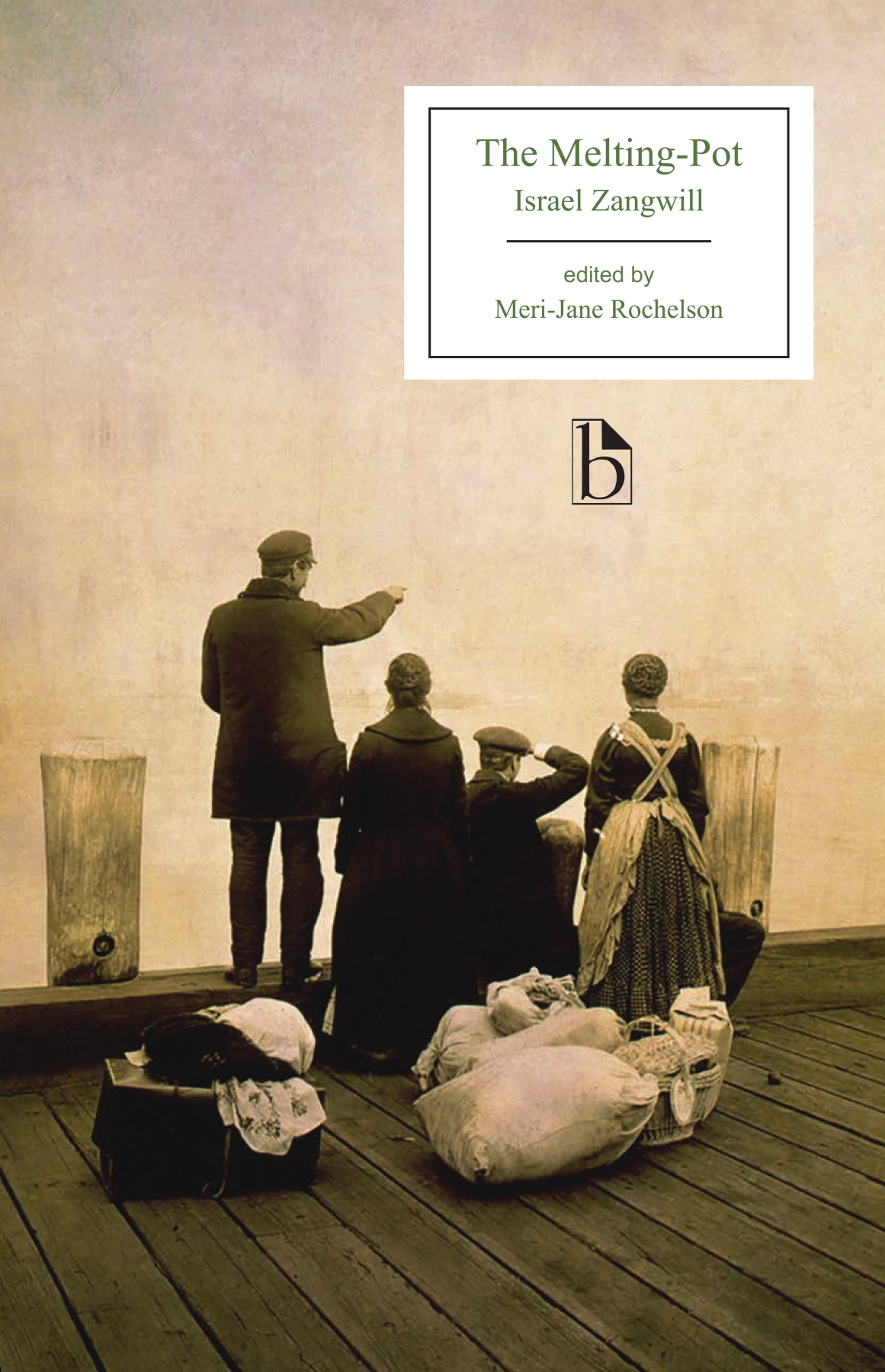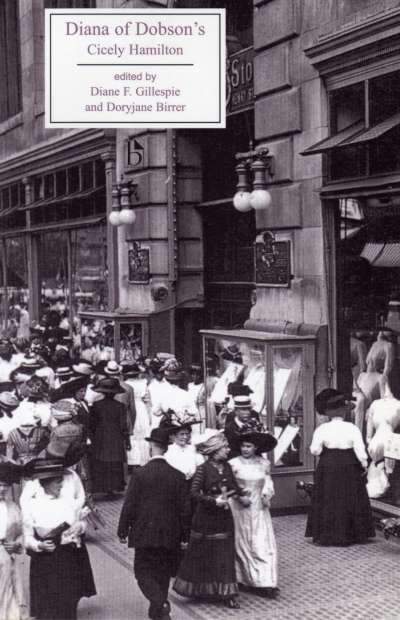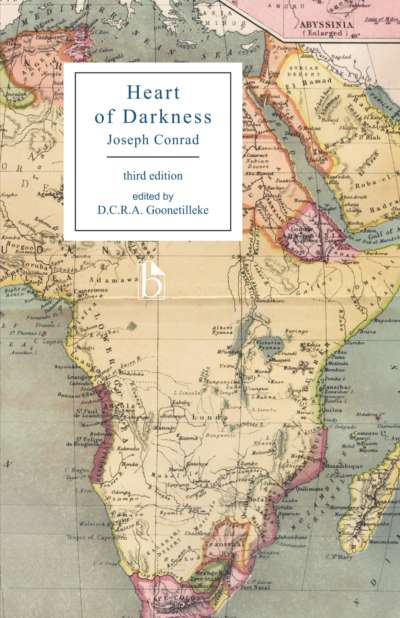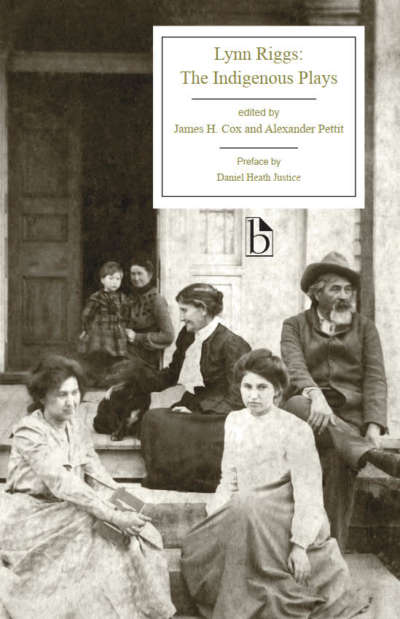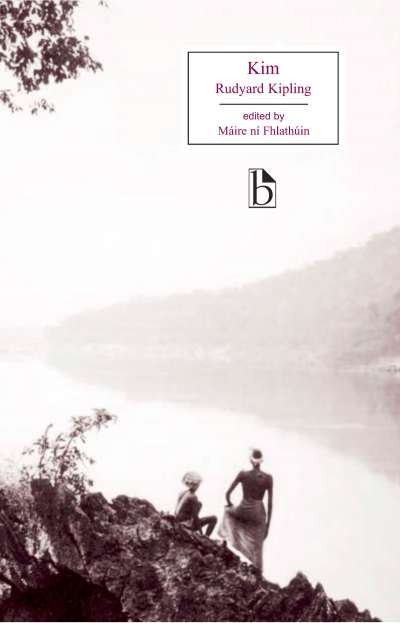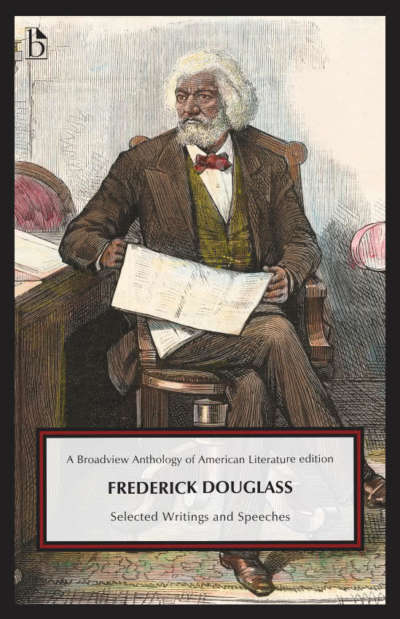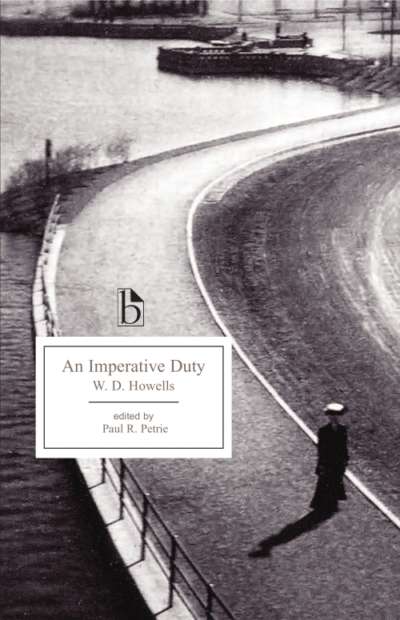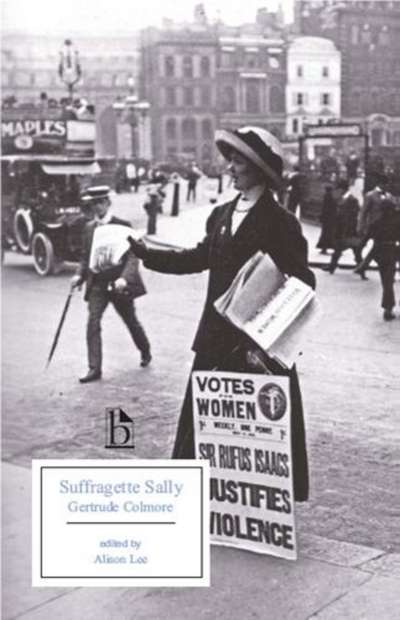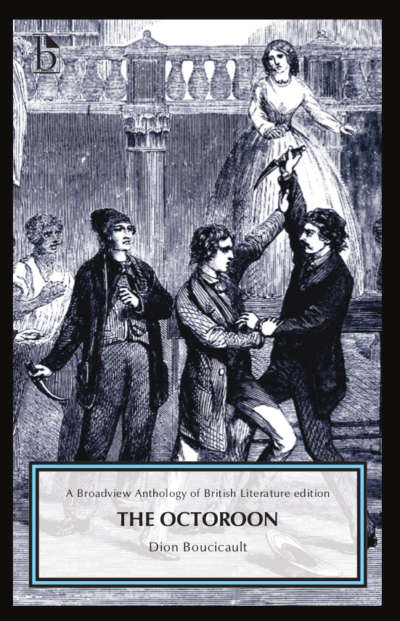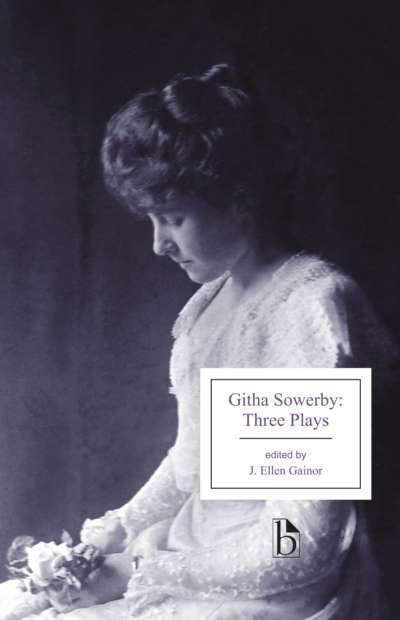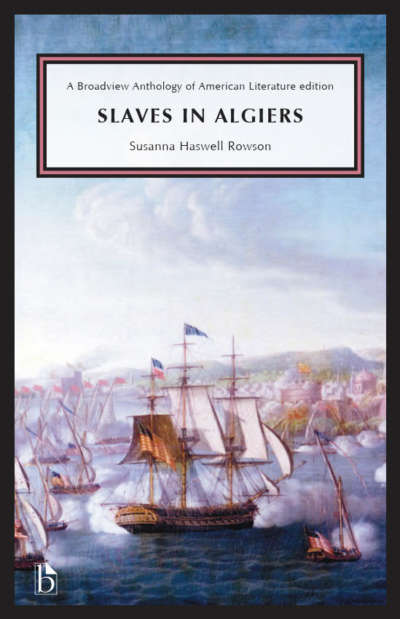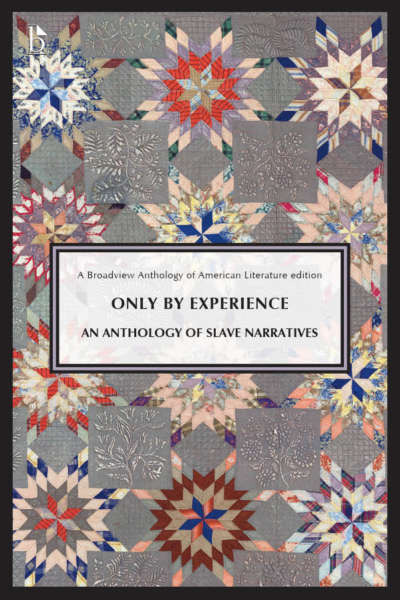
Israel Zangwill, an Anglo-Jewish author and son of immigrants, wrote The Melting-Pot to demonstrate how immigrants could become good American citizens, hoping to forestall the kinds of restrictions—particularly against Russian Jews—that had been enacted in his home country. In 1908, when the play first appeared on an American stage, many Americans feared that these particular newcomers would unalterably change the nation’s character. Politicians and others called for restricted immigration and stringent tests for citizenship. The Melting-Pot did not prevent the US government from enacting immigration restrictions in 1924, but it became Zangwill’s most popular and most continuously performed play, and it popularized a metaphor for America—the melting pot—that has been discussed and debated ever since.
This edition presents the play in its historical context, with readings from the time on immigration and intermarriage, as well as the settlement house movement and the Kishinev pogrom, which both figure prominently in the drama. Excerpts from the many and diverse reviews of the play highlight why it was so controversial.
Comments
“It took a British Jew to write one of the most iconic of American texts, one that goes to the heart and soul of the nation’s self-understanding. Meri-Jane Rochelson’s edition of Israel Zangwill’s The Melting-Pot, contextualized and with a splendid and insightful introduction, should be hailed as an important contribution to a contemporary and heated debate about America, difference, and immigration.” — Hasia R. Diner, New York University
“Israel Zangwill’s The Melting-Pot, first produced more than a century ago, is as topical today as it was then. Meri-Jane Rochelson illuminates the play’s engagement with questions of immigration, assimilation, intermarriage, multiculturalism, and race. Adding essays that provide an extraordinary range of reviews, debates, and pressing issues of the day, she has given us the definitive edition of this important play.” — Anita Norich, University of Michigan
CONTENTS
Acknowledgements
Introduction
Israel Zangwill: A Brief Chronology
A Note on the Text
The Melting-Pot
Appendix A: Contemporary Reviews
- From “The Theater: Columbia Theater,” Evening Star (6 October 1908)
- From “The Alien’s Opportunity,” Washington Post (7 October 1908)
- From Burns Mantle, “News of the Theaters: The Melting Pot,” Chicago Daily Tribune (20 October 1908)
- From Constance Skinner, “‘Melting Pot,’ at Grand, Play to Remember,” Chicago Evening American (21 October 1908)
- From Amy Leslie, “Grave Play at Grand,” Chicago Daily News (21 October 1908)
- From “Grand Opera House,” Chicago Israelite (23 October 1908)
- From Leon Zolotkoff, “Zangwill’s Great Success,” Daily Jewish Courier (13 November 1908)
- From [Adolph Klauber?,] “New Zangwill Play Cheap and Tawdry,” New York Times (7 September 1909)
- From Adolph Klauber, “A Spread-Eagle Play by Israel Zangwill,” New York Times (12 September 1909)
- From “Zangwill Play Opens New Comedy Theatre,” New York Herald (7 September 1909)
- From J.J. [?], “The Tragedy of Kishineff: Israel Zangwill’s ‘Melting Pot,’” American Hebrew and Jewish Messenger (10 September 1909)
- From [A.B. Walkley,] “Some New York Plays,” Times (24 November 1909)
- From “Court Theatre. ‘The Melting-Pot,’” Star (27 January 1914)
- From “‘The Melting Pot.’ Mr. Zangwill’s Play at the Court Theatre,” Jewish Chronicle (30 January 1914)
- From J.T. Grein, “The Week’s Premieres, (1) Court: ‘The Melting Pot,’” Sunday Times (1 February 1914)
Appendix B: Intermarriage and Assimilation Debates
- From Rupert Hughes, “Should Jews Marry Christians?,” New York Herald, Sunday Magazine (8 November 1908)
- From “Shall the Jew Intermarry? Views of Prominent New Yorkers on this Subject,” Jewish Tribune (4 December 1908)
- From “Mentor,” “In the Communal Armchair: The ‘Melting Pot’ and the Jew. Some Stray Thoughts,” Jewish Chronicle (30 January 1914)
Appendix C: The Kishinev Pogrom
- From “The Kishineff Outbreak. Russian Publication’s Account of the Assault on Jews in Streets and Synagogues,” New York Times (11 May 1903)
- From [A Correspondent,] “The Anti-Semitic Riots in South Russia,” Times (2 May 1903)
- Photographs of the Aftermath of the Kishinev Pogrom from the Archives of the YIVO Institute for Jewish Research, New York
- From Chaim Nachman Bialik, “The City of Slaughter”
Appendix D: Ellis Island and Arrival in America
- Emma Lazarus, “The New Colossus” (1883)
- Illustrated Postcard, published in England by Raphael Tuck & Sons (n.d.)
- Israel Zangwill, “The Land of Promise,” “They That Walk in Darkness”: Ghetto Tragedies (1899)
Appendix E: The Settlement House
- From Jane Addams, “Chapter VI: Subjective Necessity for Social Settlements,” Twenty Years at Hull-House (1910)
- From Jane Addams, “Chapter XI: Immigrants and Their Children,” Twenty Years at Hull-House (1910)
- The Settlement House Pledge to the Flag
- a. [From Our Correspondent,] “New York Municipal Celebration,” Times (27 May 1903)
b. From “Father Knickerbocker Celebrates Birthday,” New York Times (27 May 1903)
c. From H.G. Wells, Chapter IX, “The Immigrant,” The Future in America: A Search After Realities (1906)
- Documents of Various Programs at the Educational Alliance, from the Archives of the YIVO Institute for Jewish Research, New York
- From Israel J. Zevin, “Melting Pot Square, ‘Most Efficiently Populated Spot in World,’ Welds Individuals of Many Races and Creeds to Make Real Americans,” New York Herald
(5 March 1916)
Appendix F: Anti-Immigrant Images and Texts
- Political Cartoons
- From Edward Alsworth Ross, Chapter XII, “American Blood and Immigrant Blood,” The Old World in the New (1914)
- From [William Jennings Bryan,] “The Yellow Peril,” Commoner (6 December 1901)
Appendix G: Alternatives to the Melting-Pot Model
- From Mary Antin, The Promised Land (1912)
- From Horace M. Kallen, “Democracy Versus the Melting- Pot: A Study of American Nationality,” The Nation (18/25 February 1915)
- From W.E.B. Du Bois, “The Economic Revolution in the South,” The Negro in the South (1907)
Meri-Jane Rochelson is Professor Emerita of English at Florida International University. She is the author of A Jew in the Public Arena: The Career of Israel Zangwill (Wayne State University Press, 2008) and editor of Zangwill’s 1892 novel Children of the Ghetto (Wayne State University Press, 1998).


